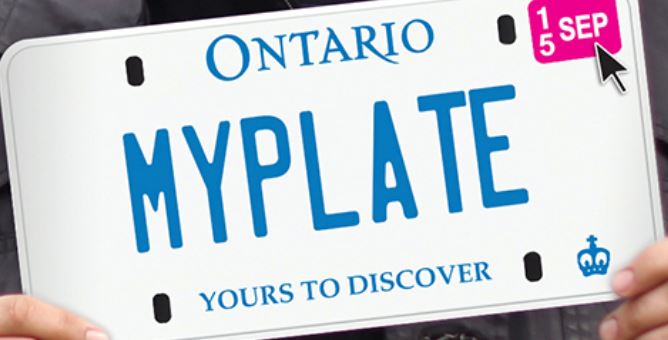As a final chapter of Making Ontario’s Roads Safer Act of 2015, drivers on the roads of Ontario who have unpaid traffic tickets can no longer renew their license plates. This is not only a way to increase motivation for the denizens to pay their fees. It is also a new tool employed by the municipality to recover outstanding bills.
Along with license denial, some of the other changes included in this Act include:
- Increase in the amount of fines for cyclists
- Increased fines for distracted driving
- Increased fines for motor-assisted bicycles who fail to comply with the laws
Ontario has more than $1.4 billion in unpaid traffic related fees, which is a staggering amount. About a quarter of this amount is from the past as far back as seven years, according to the CBC. This means that a large number of car owners are driving their cars with a suspended or expired license, which is an offence.
What does this change in policy mean for drivers?
Since this change in the policy is retroactive, a driver who failed to pay a parking fee in 2010 will not be able to renew the license. This means that even if you have paid the fees for recent errors if you have an unpaid fee from a couple of years ago, you will still not be able to renew your plate license, until you clear the dues.
This policy applies to offences that are related to the automobile. Serious offences that include speeding and not paying the fines warrants suspension of the license altogether.
When was the policy put in place?
This new policy of license denial has been enforced and in full operation since May 2017.
Why was this policy put in place?
The primary reason for the implementation of this policy is to remind the public to consider traffic violations as serious offences.
Apart from this, some other reasons behind the enforcement of this policy are:
- Provide a source of motivation for the erring drivers to pay up their outstanding fines. This was stated by Stephen Del Duca, the Transport Minister, while addressing the media.
- Be more responsible drivers and respect others on the road, including cyclists and pedestrians
- A driver with an expired or suspended license plate can be easily spotted by the law enforcement officers through the visual sticker
- Potentially collect up to half a billion dollars for the municipalities

